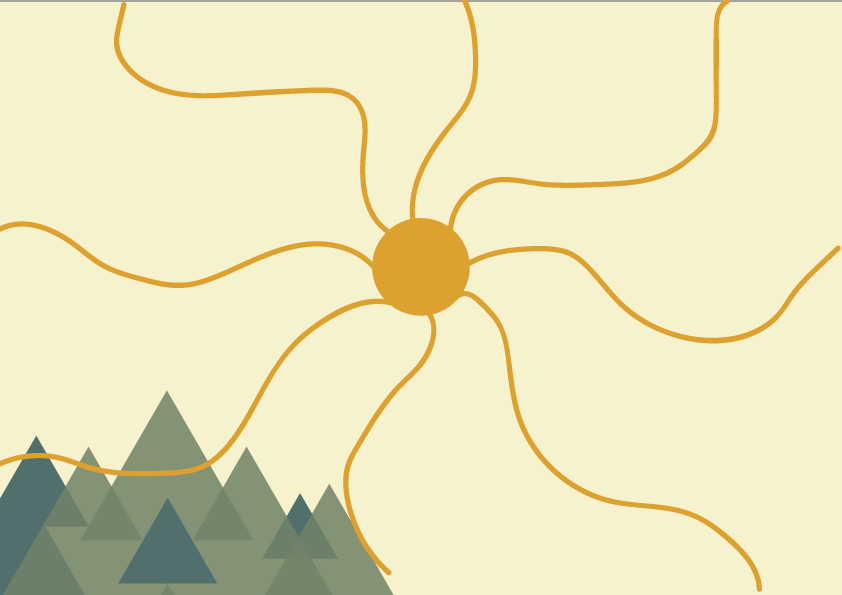Muhamad, 37 years, and Kouder, 36 years, from Damascus, Syria.
We are brothers and before the war in Syria broke out we lived with our parents, sisters and brothers in a refugee camp in Lebanon, where we arrived in 1994. Life was good in the camp, even though sometimes there were conflicts between different groups. Occasionally we got to work as a mason and a painter, respectively, which made it possible for us to make a living.
Our decision to flee came because we were afraid that we would be forced to go back to Syria to join the arm. So the whole family travelled to Turkey, and from there we arranged the trip in boat to Greece. It was a dark night and crossing the unruly sea to go to the island was like looking at Death, but even then we were more worried about the others who were travelling with us.
We were 42 persons in total in the small boat. When we arrived to the island the sun was rising, but the man who was in charge of taking us there in the boat was inexperienced, and instead of making us disembark safely at a beach he took us to a part of the coastline where all of us, including our mother who is 62 years and our father who is 74 years, had to climb a steep slope in order to get into the island.
On the island we managed to sleep for a couple of hours before getting in contact with some volunteers who helped us buy the tickets for the ferry to Athens, which became the starting point for our journey through the Balkans. We travelled in bus and by foot, and in a lot of places the police were using dogs and body searches. Out of the many different countries we travelled through, Serbia was particularly inhumane. The police also carried medical face masks, but we understood that it was because of health issues. The dogs, on the other hand, were a really frightening experience, because they intentionally were encouraged to bark and growl at us.
From the Balkans we continued to Austria, Germany and Denmark, where we lived in a centre for asylum seekers in Sønderborg for one year and eight months, and we then moved to Copenhagen to a temporary housing before moving into our apartments: Our parents now have their own apartment while I, Muhamad, live with my two brothers, and I, Kouder, with my two sisters.
We are grateful that we are able to live in Denmark, and we are both optimistic regarding the future and the opportunities that we have been given. Politics is not something that we are interested in, but in our opinion refugees are being put under a lot of pressure by the constant regulations and changes of rules that are being imposed: The economic aspect of living as a refugee is challenging, and so our aim is to work and be financially independent.
Dublin Core: Language: en Subject: a million stories, refugee, denmark, syria, damascus,

